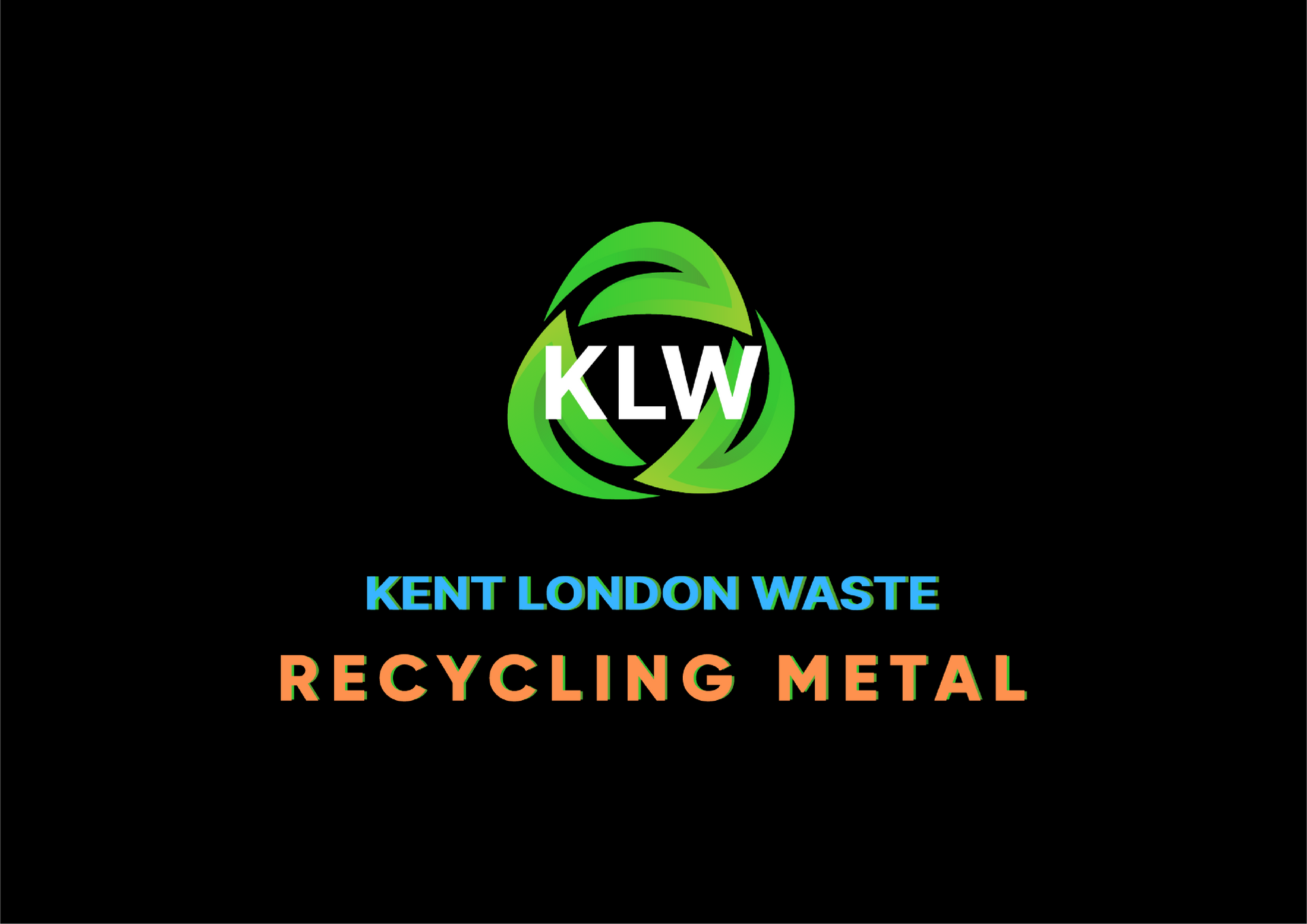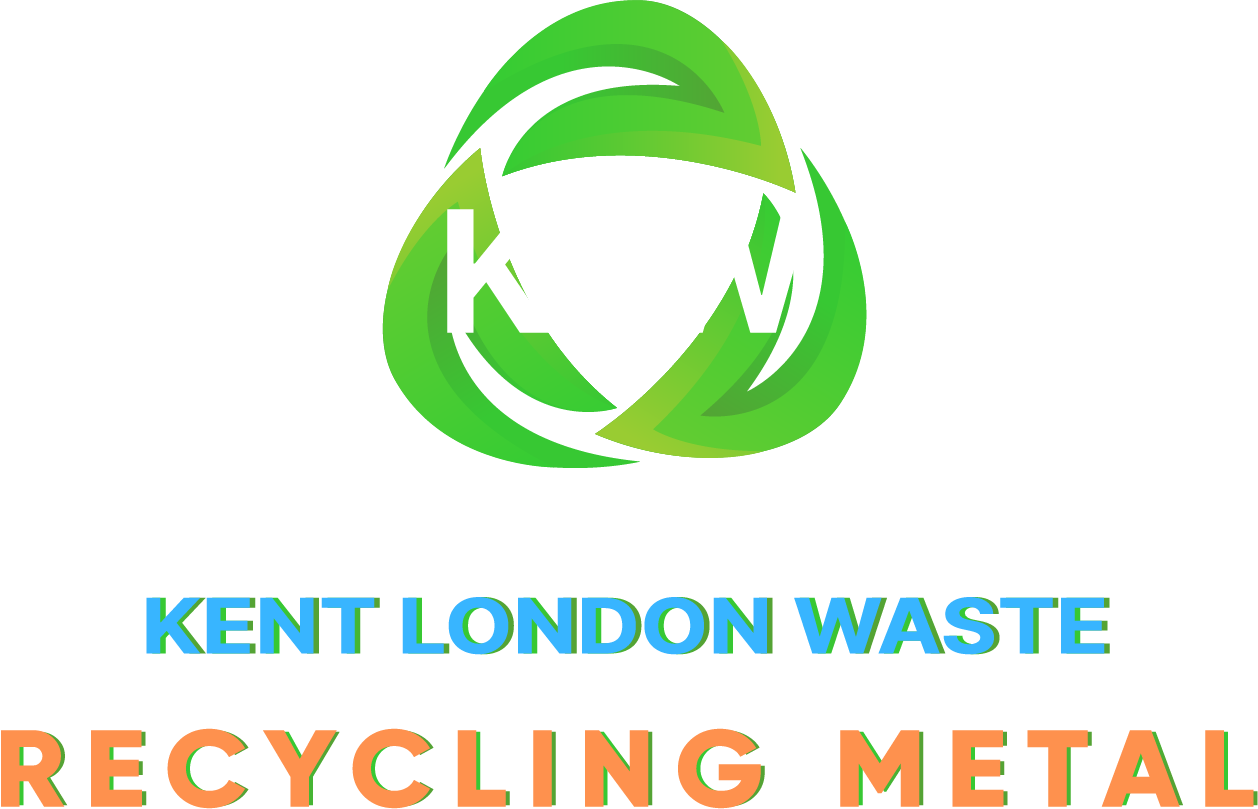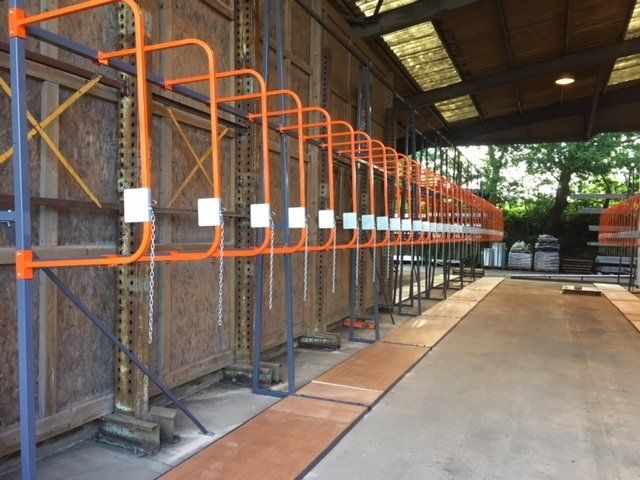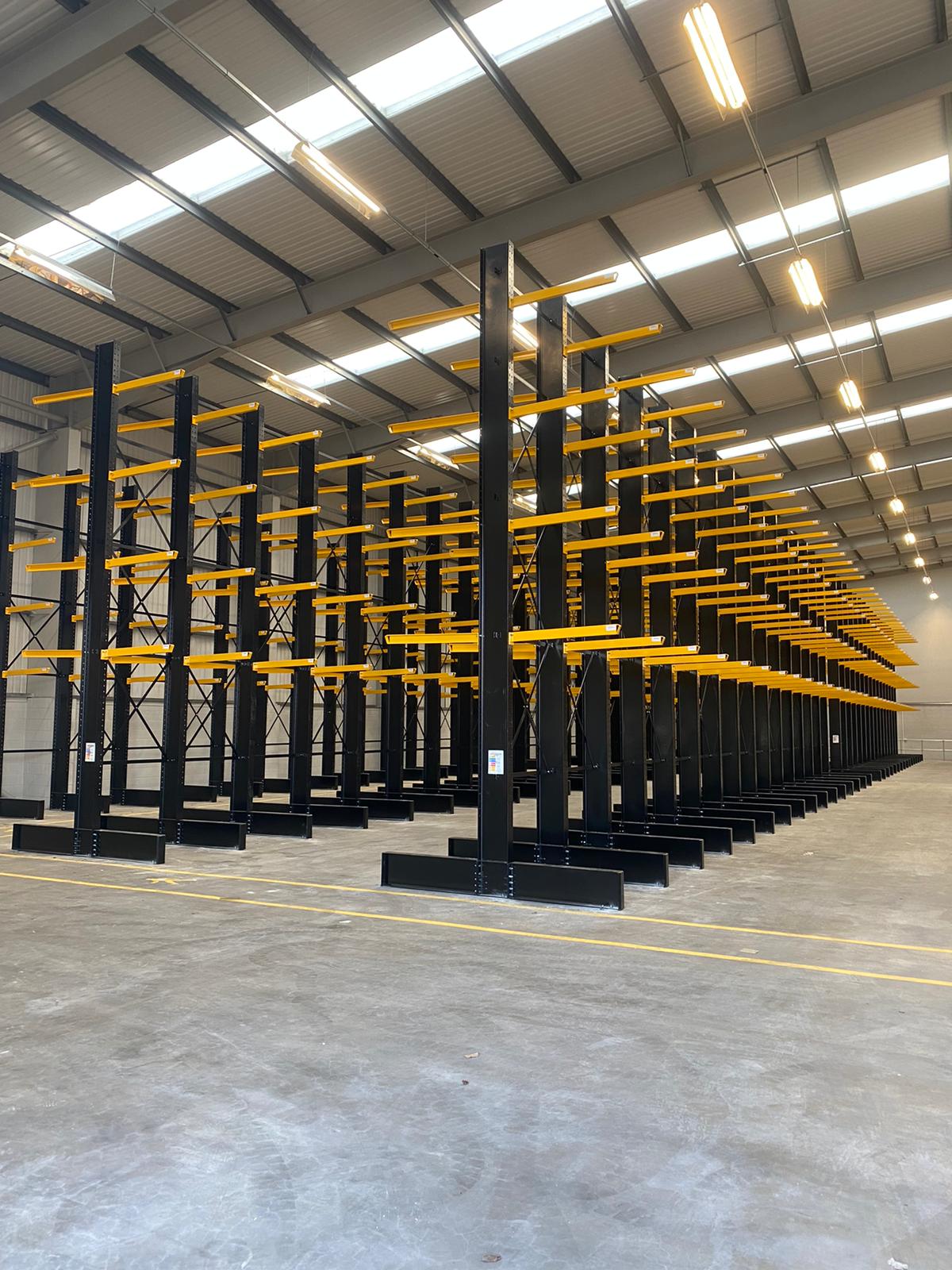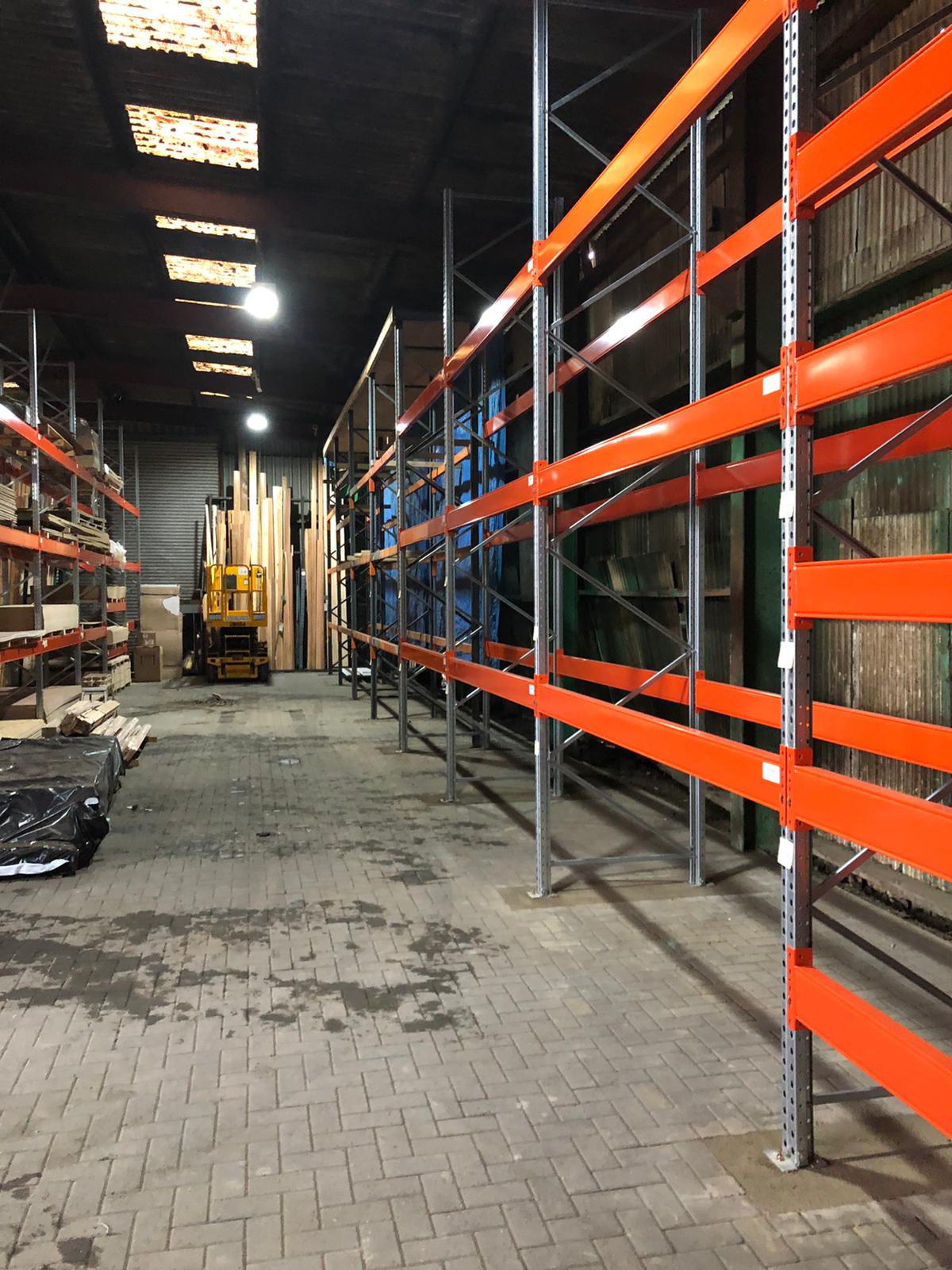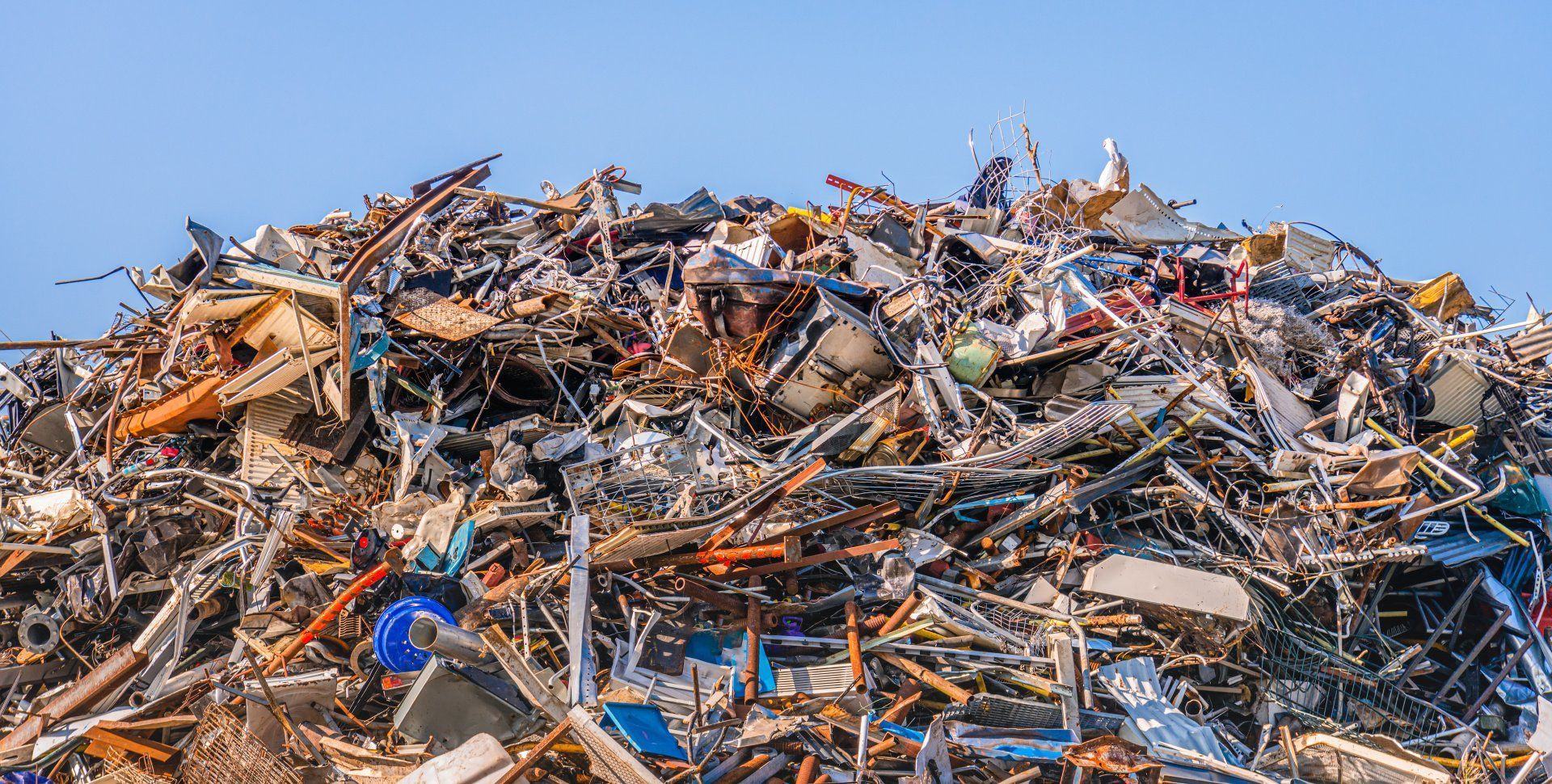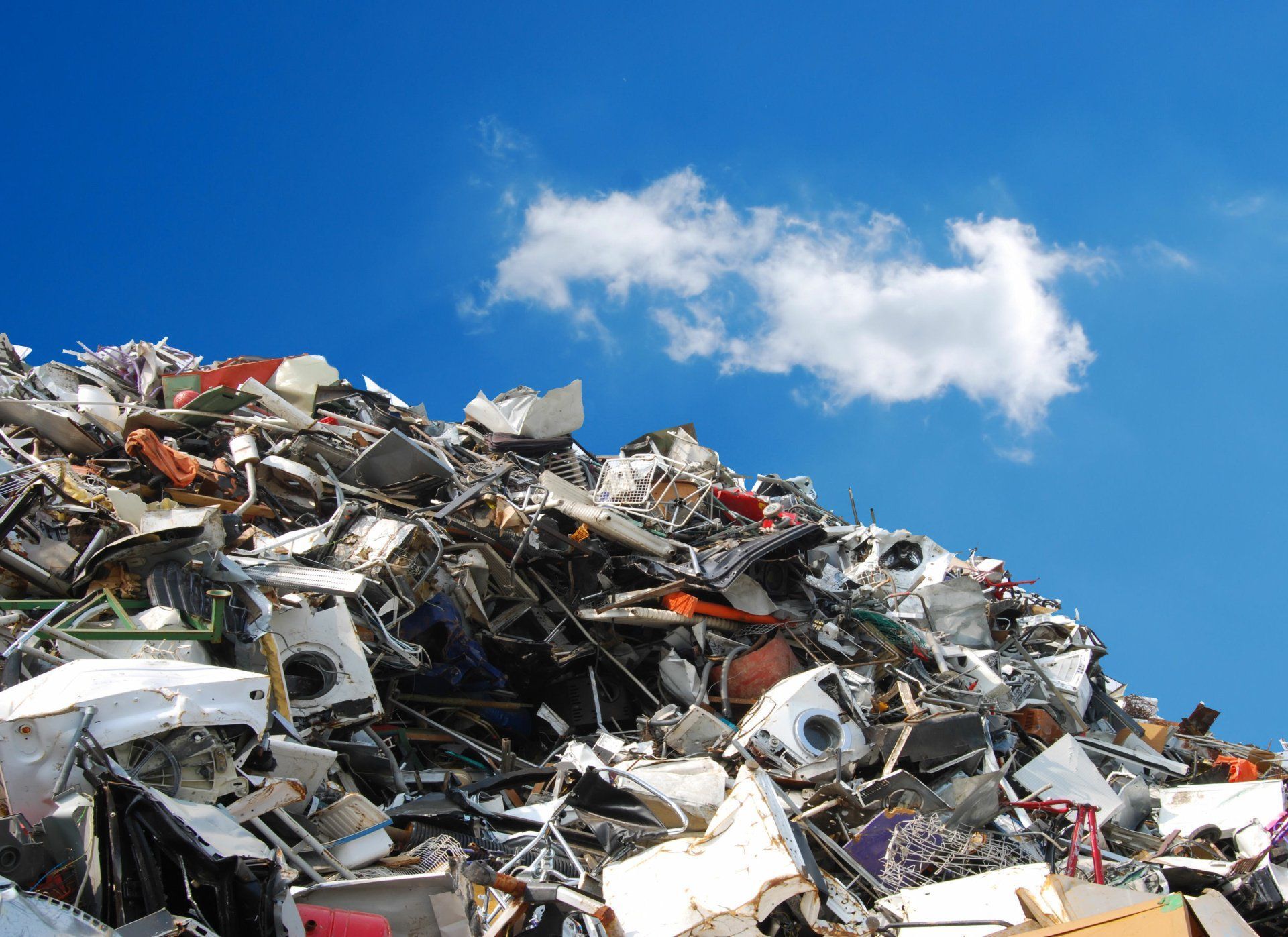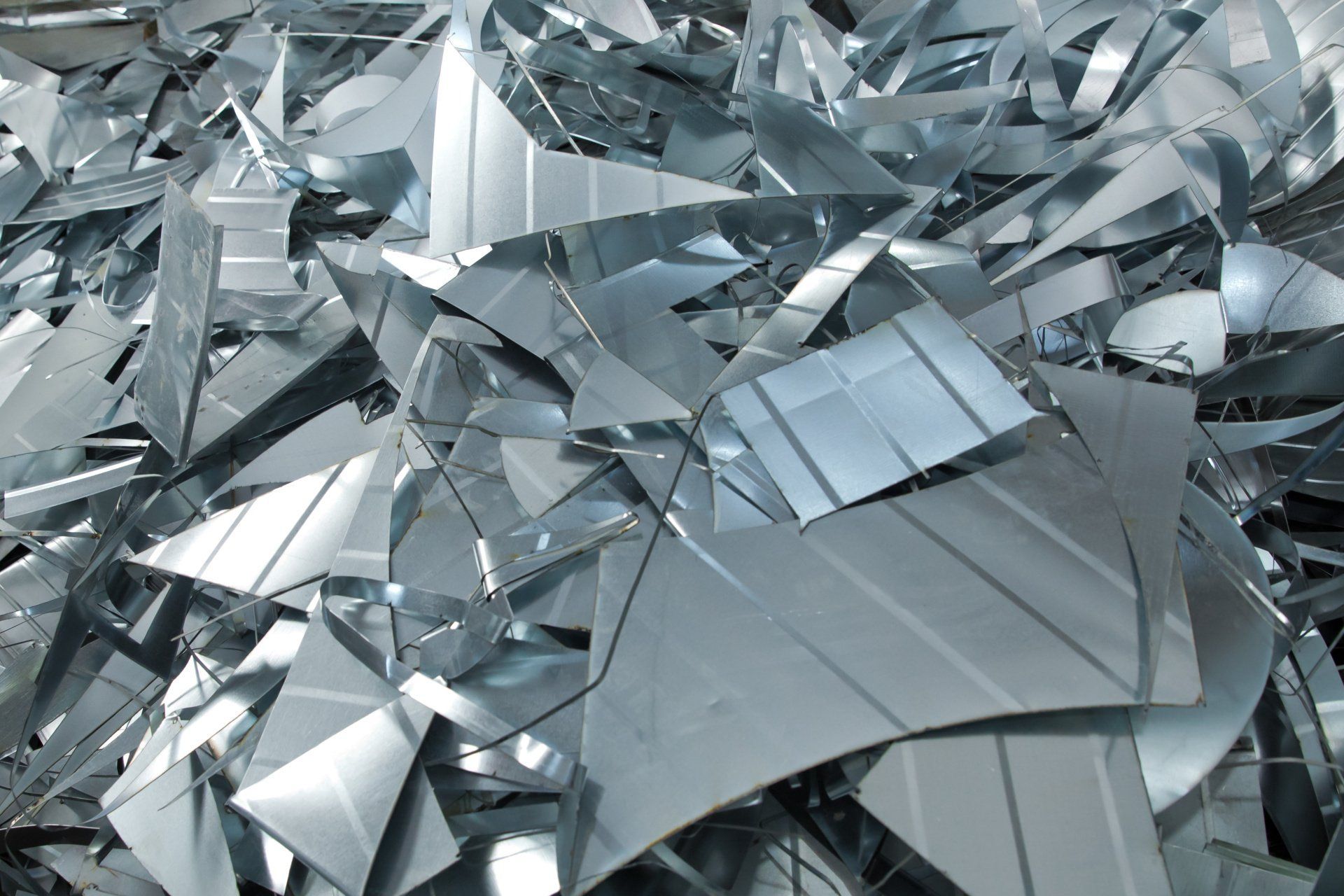Maximising the Value of Your Scrap Metal
Maximising the value of your scrap metal is not only about getting the best prices, but also understanding how to effectively sort, store, and sell your metals. The scrap metal industry can offer significant returns, especially when you know how to optimise the process from start to finish. Whether you're a business, a contractor, or an individual looking to make the most out of unused or unwanted materials, these tips will help you increase the value of your scrap metal and turn it into a profitable resource.
One of the first things to consider is how your metals are sorted. Proper sorting is crucial because different types of metals fetch different prices. The more thoroughly you can separate your metals, the better the price you’ll likely receive. Ferrous metals, such as steel and iron, are less valuable compared to non-ferrous metals like copper, aluminium, and brass. Non-ferrous metals are often more lucrative because they are resistant to rust and corrosion, making them highly desirable in the market. To maximise your return, consider separating these metals into distinct groups before bringing them to a recycling centre. Even small quantities of valuable non-ferrous metals can add up, so it's important to identify them correctly.
If you're not sure what type of metal you have, a simple magnet test can help. Ferrous metals will be attracted to the magnet, while non-ferrous metals will not. This quick test can save you time and help you organise your metals more efficiently. Additionally, it’s worth taking the extra effort to remove any non-metal components, such as plastic or rubber, from your scrap. This ensures that the metal you're selling is pure and ready for recycling, which can further increase the price you receive. Clean, sorted scrap is always more valuable than mixed or contaminated materials.
Storage is another critical aspect when trying to maximise the value of your scrap metal. If you're regularly accumulating scrap metal, keeping it organised and secure is essential. Scrap that has been left exposed to the elements, such as rain or snow, can rust or corrode, which will lower its value. Investing in proper storage solutions, such as covered containers or designated storage areas, can help preserve the quality of your scrap metal. In particular, non-ferrous metals like copper can lose a lot of value if they are tarnished or damaged. By keeping them in good condition, you'll be able to secure better offers when you sell.
Selling your scrap metal at the right time is also key to maximising its value. Metal prices fluctuate regularly, depending on market conditions, demand, and even global events. It's a good idea to stay informed about current scrap metal prices and trends. Many scrap yards or recycling centres provide regular updates on the going rates for different metals, so you can time your sale for when prices are high. If you have a significant amount of scrap metal to sell, it may be worth holding onto it until the market is more favourable. However, this needs to be balanced with your ability to store it properly to avoid deterioration in quality.
Another factor to consider is where you sell your scrap metal. Different recycling centres may offer different prices for the same materials, so it pays to shop around. Some companies, like Kent and London Waste, specialise in buying and selling both ferrous and non-ferrous metals, and may offer competitive rates compared to smaller or less specialised yards. Additionally, building a relationship with a trusted scrap yard can be beneficial, especially if you are a frequent seller. Regular customers may receive better rates or be notified of price increases in advance, helping you to make informed decisions about when and where to sell.
Finally, if you're dealing with a large volume of scrap metal, it may be worth contacting recycling centres in advance to arrange a bulk sale. Some companies will offer higher rates for larger quantities, and many will provide collection services for bigger loads. This can save you time and reduce transportation costs, further increasing the value of your scrap. Always inquire about additional services that may be available, such as metal sorting or grading, which can also affect the final price you receive.
In conclusion, maximising the value of your scrap metal involves careful sorting, proper storage, and staying informed about market prices. By taking the time to organise your metals and sell them at the right time and place, you can significantly increase your returns. Whether you're selling small amounts or large quantities, following these steps can help you make the most out of your scrap metal and turn it into a valuable resource.
